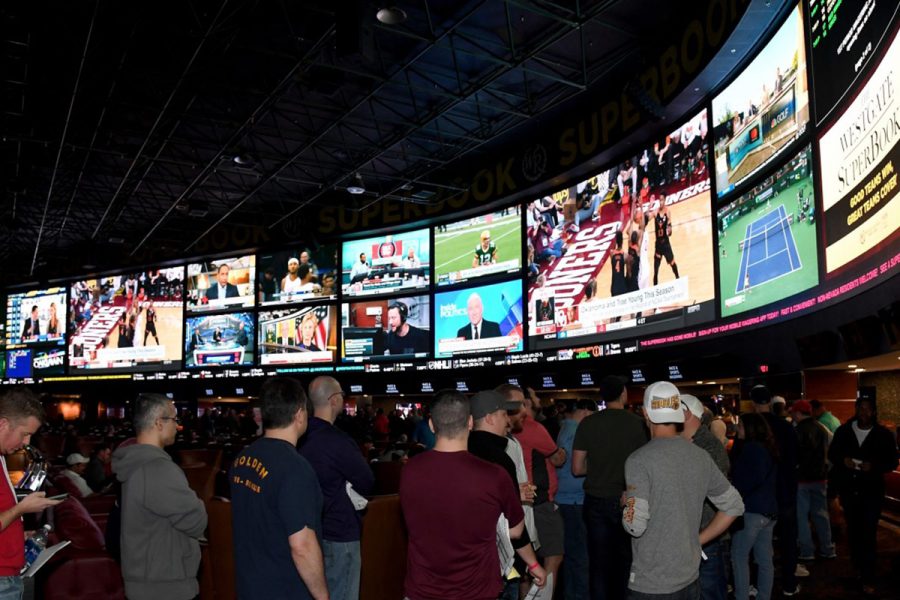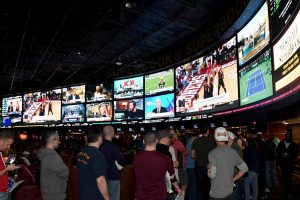Maryland sportsbooks handle drops to $19m in June

June’s figure represented a 17.2 per cent decrease from May’s $23.1m.
US.- Maryland’s five sportsbooks registered a sports betting handle of $19m in June, a decrease of 17.2 per cent compared to May’s $23.1m. According to the report released by the Maryland Lottery and Gaming Control Commission, gross gaming revenue from sports wagering plummeted 57.4 per cent to $1.3m, down from $3.1m in May.
Maryland collected $189,323 in taxes for June, lifting the total for the year to $2.4m. Since sports betting began in Maryland in December, sportsbooks have handled nearly $175m and paid out $155m. That’s generated nearly $2.9m for the Blueprint for Maryland’s Future Fund.
The FanDuel Sportsbook at Live! Casino led the way in June with $8.4m in wagers, representing 44 per cent of the state’s overall handle. MGM National Harbor in Baltimore registered $5.3m in wagers.
Ocean Downs, run by TwinSpires, claimed $94,654 in gross revenue from $934,312 in wagers. Caesars-powered Horseshoe Baltimore claimed $385,000 in gross revenue from a $3.2m handle.
See also: Maryland casinos generate $162.7m in gaming revenue in June
Mobile sports betting
Maryland’s Sports Wagering Application Review Commission (SWARC) has held a meeting to review proposed sports betting rules and applications for retail establishments and mobile operators. It comes after governor Larry Hogan urged the commission to “accelerate and intensify” its work to get mobile sports gambling up and running by September.
Hogan signed a bill to legalise online and retail sports betting in Maryland last year after voters approved sports betting through a November 2020 referendum. Retail betting has been available for six months, but online sports betting has not yet launched. Hogan has said he wanted to have mobile sports betting in time for the NFL season in September.
The commission may approve regulations and applications at its next meeting, which is scheduled for July 20. There will be 60 mobile and 30 retail licences available. Several steps remain before regulations are in place.
Once approved by the SWARC, the regulations need to be approved by the General Assembly’s Joint Committee on Administrative, Executive, and Legislative Review. After that, the rules are subject to a 30-day public comment period. That may lead to additional tweaks to the rules before they’re ultimately implemented. There is still no definitive timeline for launch.











